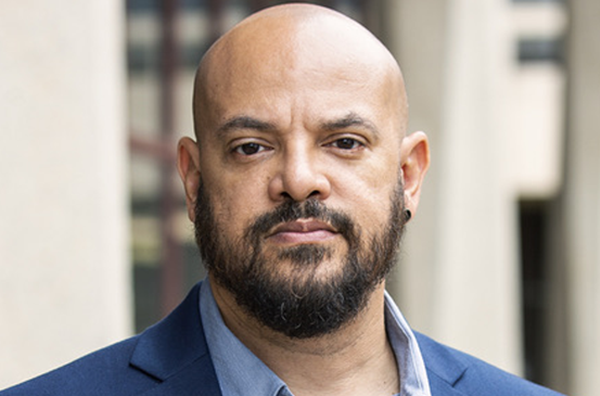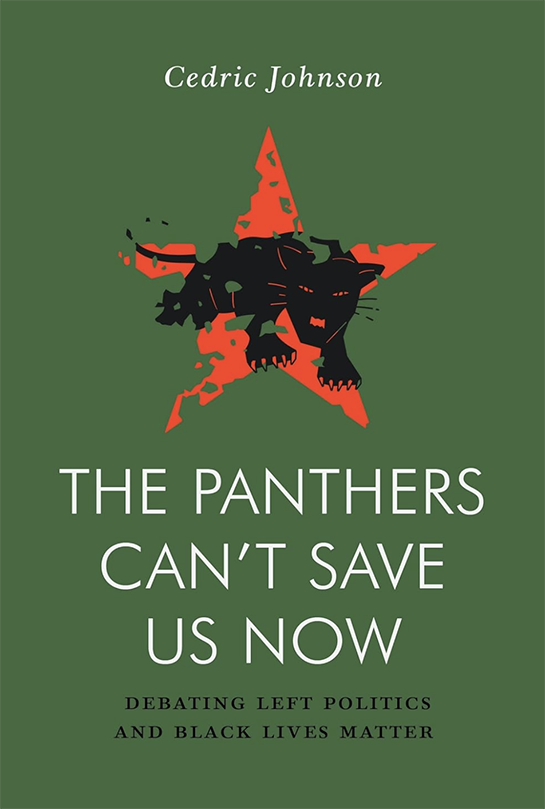Cedric Johnson
College of Liberal Arts and Sciences | Political Science and Black Studies
Cedric Johnson
Cedric Johnson
Cedric Johnson is Professor of Black Studies and Political Science at the University of Illinois at Chicago. His teaching and research interests include African American political thought, neoliberal politics, and class analysis and race. His most recent book, The Panthers Can’t Save Us Now (Verso, 2022), reprises the debate surrounding his eponymous essay, which cautioned against the perils of nostalgia and ethnic politics during Black Lives Matter’s first wave. Johnson’s book, Revolutionaries to Race Leaders: Black Power and the Making of African American Politics (University of Minnesota Press, 2007) was named the 2008 W.E.B. DuBois Outstanding Book of the Year by the National Conference of Black Political Scientists. He is also the editor of The Neoliberal Deluge: Hurricane Katrina, Late Capitalism and the Remaking of New Orleans (University of Minnesota Press, 2011). His writings have appeared in Labor Studies, Catalyst, Dissent, Nonsite, Jacobin, New Labor Forum, Perspectives on Politics, and Historical Materialism. In 2008, Johnson was named the Jon Garlock Labor Educator of the Year by the Rochester Central Labor Council, AFL-CIO. He is a member of UIC United Faculty Local 6456.
2

Cedric Johnson
The Panthers Can’t Save Us Now

The Panthers Can’t Save Us Now: Debating Left Politics and Black Lives Matter
Verso
Why has anti-racism been such a powerful source of mobilization but such a poor means of building political opposition capable of winning big reforms?
This volume revisits a debate that transpired during Black Live Matter’s first wave.
Writing against the grain of popular left sentiments, Johnson cautions against a new ethnic politics. Instead, he calls for broad-based left politics as the only viable means for ending the twin crises of racial inequality and police violence. Redistribution, public goods, and multi-ethnic working-class solidarity are the only viable response to the horrors of police violence and mass incarceration. It just so happens that fighting the conditions that make crime and violence inevitable is also the means by which we can build a working-class majority and a more equal and peaceful nation.